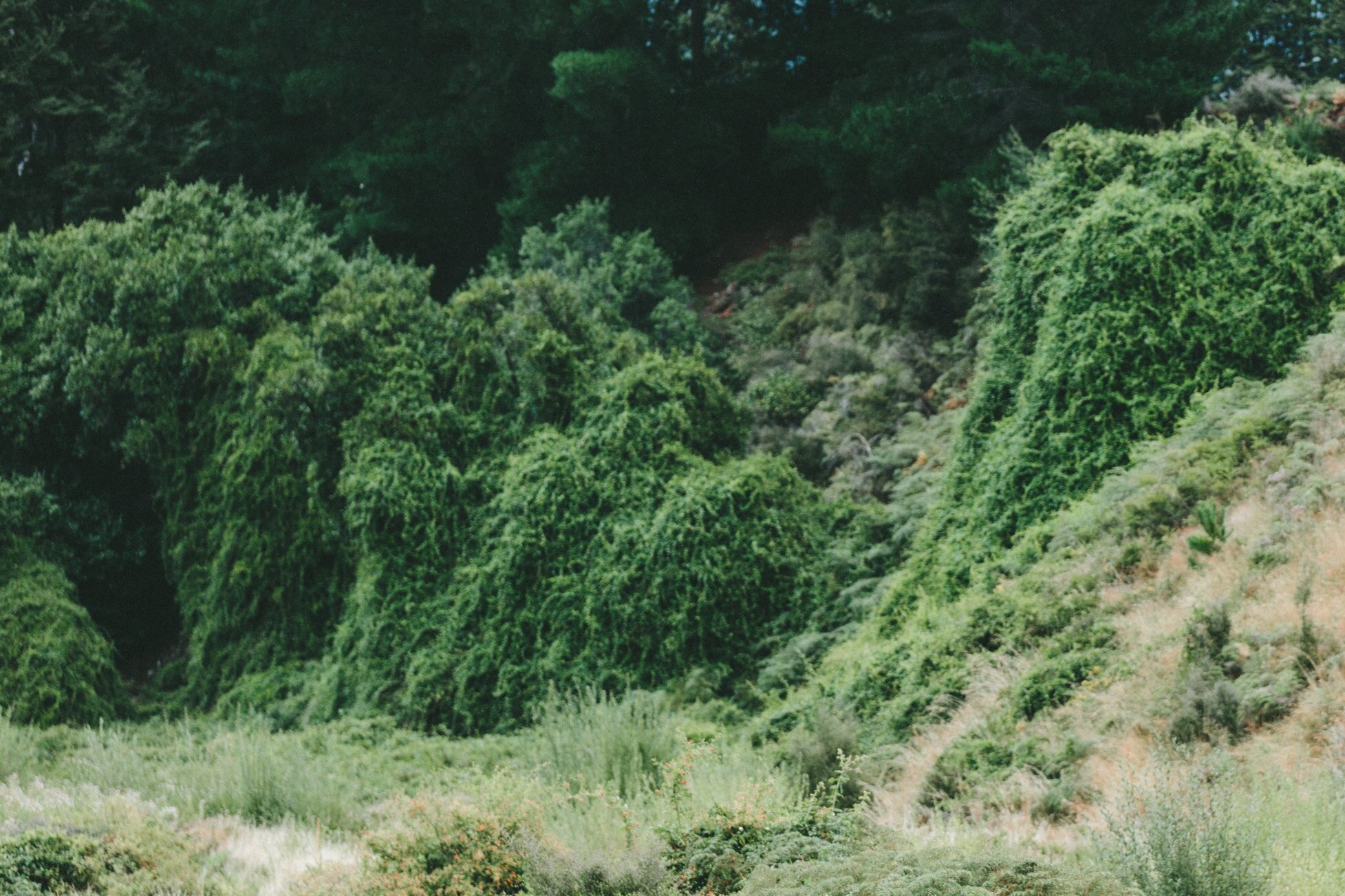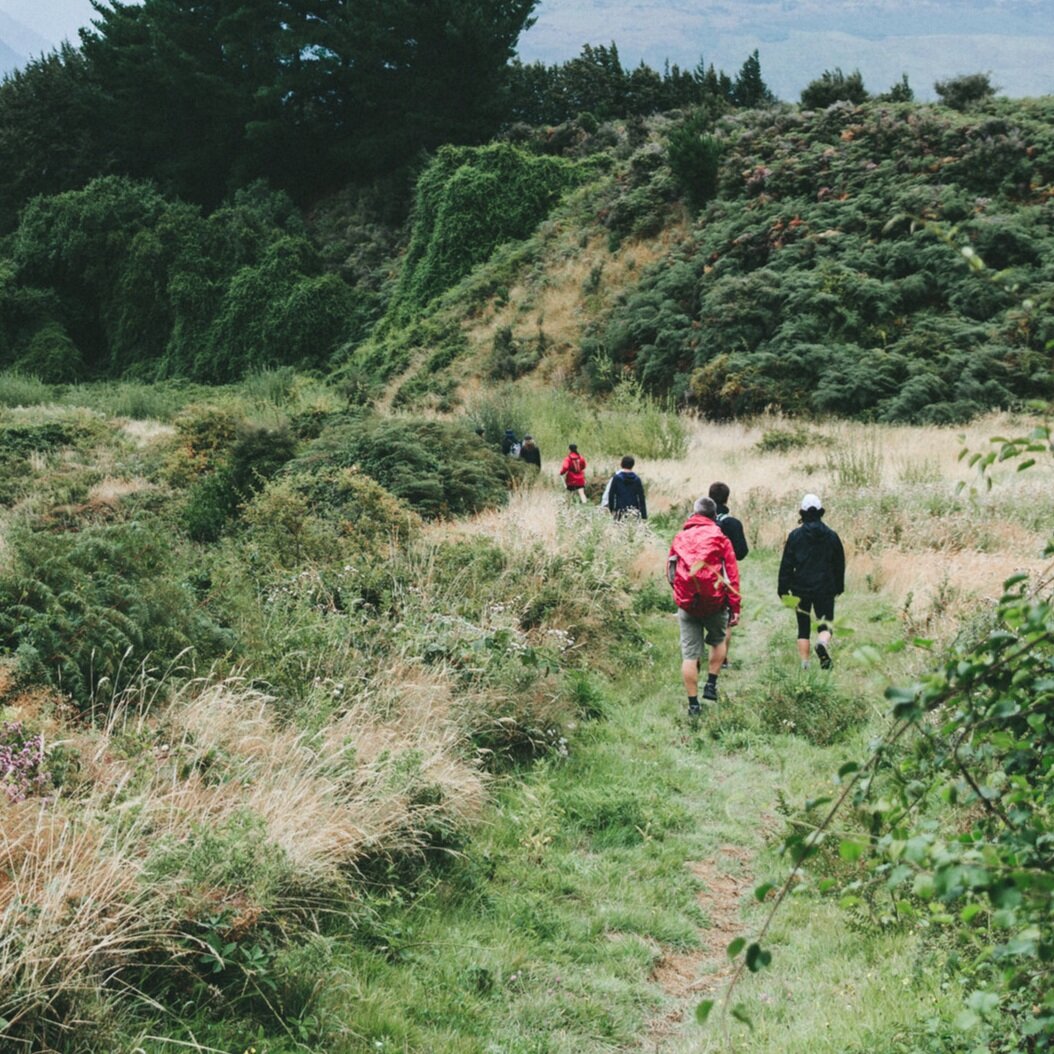
“Our lives begin to end the day we become silent about things that matter.”
Do you know where your garbage goes? Should you care? Absolutely!
Most people are unaware of where their garbage goes – out of sight, out of mind.
However, it may be closer than you think. Seattle sends its garbage, by train, to Eastern Oregon.
King County sends:
Garbage– nearly 3 million tons per day – to the Cedar Hills Regional Landfill, about 7 miles east of Renton City Hall.
The yard waste you dispose of is sent right next door to the landfill, to Cedar Grove Compost.
Construction debris ends up next door to Cedar Grove Compost.
These 3 industries are housed on 1,400+ acres right next door to the Cedar River, Issaquah Creek, and May Valley Creek. See map of the area.
In addition to the direct impact on these areas, other areas of the state and world are indirectly affected by:
Leachate from the landfill and compost company ends up in LOOP (King County’s bio-solid soil enhancement program), still containing hundreds of chemicals and pharmaceuticals that can’t be removed. LOOP is spread on farms in Eastern Washington and in the Cascade mountains.
Water is extracted from the leachate at the wastewater treatment plant in Renton and released into the Duwamish, also containing hundreds of chemicals and pharmaceuticals that can’t be removed.
Recycling is not transparent. Where does it actually go? Some are contaminated and sent to a landfill somewhere in the US, with no clear idea of how much is lost. Some stays in the US to be recycled and a good portion goes to Asia. But, it is not always tracked and information on end destinations is vague. There have been reports of container ships just dumping the containers holding “recyclables” overboard into the ocean. Recycling, when done properly, works out well.
Materials received by Cedar Grove Compost is not “clean”. People dispose of materials that shouldn’t be composted such as plastic materials, metal objects, etc. They’ve even received a lawn mower in the compost material. In addition, chemicals that have been applied by homeowners or business to control weeds and insects are present in their recycled green waste. The compost material is ground up in their digesters and included in the compost it sells to the public. The compost should not be considered “organic”.
Our pages on ISSUES outline all the adverse effects of each of these industries and how it affects the environment and neighboring communities.
What’s New - Action Items
King 5 News reports concerning Arsenic Issue at Cedar Hills Regional Landfill
11/22/23 - ‘He’s just so sick:’ Landfill employees concerned about arsenic exposure amid King County violations
01/25/24 - L&I inspects King County landfill amid arsenic concerns
02/14/24 - King County ordered to test landfill air for arsenic
03/15/24/-/L&I cites King County landfill for safety violations
View GMVUAC Slide Presentation on the environmental response to Cedar Hills Regional Landfill Draft EIS
Toxic leachate from landfills, including Cedar Hills is ending up in the sewage sludge that is being used as fertilizer on our food supplies. This must stop!
Is Toxic Landfill Wastewater Coming to a stream or farm near you?
Washington State is fighting back against toxins such as PFAS.
Read about the Pollution Prevention for Our Future Act (SB 5135)
Are we dooming humanity with toxins such as PFAS?
Plummeting sperm counts, shrinking penises: toxic chemicals threaten humanity
Erin Brockovich
Seattle Times, Mar. 4, 2021 - King County will use this to keep Cedar Hills Landfill going FOREVER!
Giant landfill in tiny Washington hamlet turns trash to natural gas, as utilities fight for a future
Seattle Times, Jan 4, 2021
Lake Washington sockeye hit record low, another signature Seattle fish at brink of extinction
How we see our cause.
Our vision is for a safe, healthy and toxic free environment for all to enjoy now and into the future.
Issues that affect the health of Cedar River Canyon and beyond.
This area is the waste dumping ground (and toxins that go along with it) for the entire King County, Washington. This environment is extremely compromised. The issues this area faces are:
Toxins leaching into the water
A 50+ year old landfill that is on 920 acres and expanding (again)
Queen City Farms Superfund site
One of the largest composting facilities in the United States
Land Reclamation sites with no ground water containment
Potential Asphalt Plant
Odors that contain Air toxins from these operations
Ready to take the next step.
Partner with Us/Volunteer
Donate

“We are better together and we are stronger together.”
Need more information? Have Questions?
Sign up to be notified of upcoming actions, volunteer opportunities, and updates for what’s happening.


